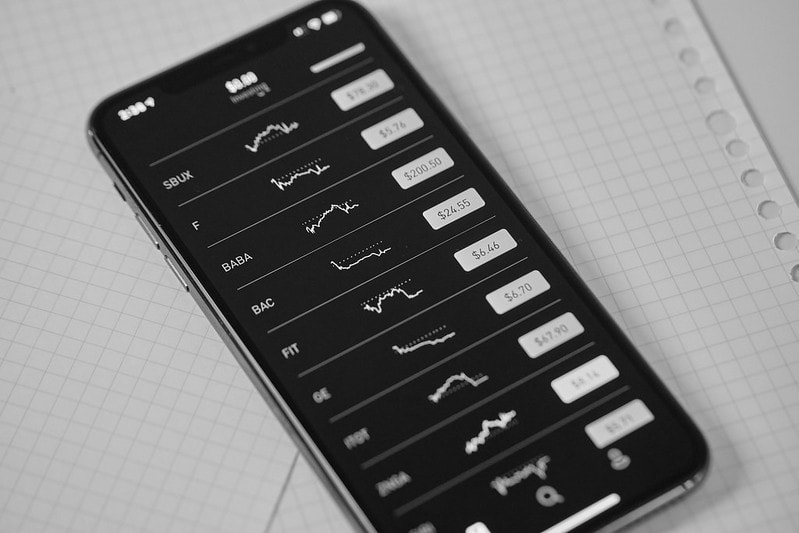
Robinhood’s decision to restrict the trading of popular names like GameStop (GME) and AMC Entertainment (AMC) yesterday seems to be causing a backlash from Congress leaders and traders registered with the platform while hashtags like #freetrade and #freemarkets have started to gain traction on Twitter.
According to a statement from the trading platform, which primarily caters to millennial investors, a total of 13 stocks including GameStop (GME), BlackBerry (BB), and American Airlines (AAL) experienced a restriction that prevented users from opening new positions, although the restrictions were eased shortly afterwards.
In response to the measure, the United States Financial Services and Senate Banking Committee will be holding hearings, as prominent members of Congress voiced their concerns about the unfairness of such restriction, considering that institutional investors did not face the same measures.
It is important to note that Robinhood was not the only stockbroker restricting transactions with these instruments, as others like Interactive Brokers and E*Trade followed through, while smaller investing platforms like Public.com stated that the clearing firm that executes its trade orders – the Apex Clearing Corporation – enforced the restriction without their express consent.
Politicians react to Robinhood’s actions
Democrat Representative for New York Alexandria Ocasio-Cortez, who is a member of the Financial Services committee, said in a tweet that these restrictions were “unacceptable” while stating that Congress needs to “know more about Robinhood’s decision to block retail investors from purchasing stock while hedge funds are freely able to trade the stock as they see fit”.
Meanwhile, Democrat Senator Elizabeth Warren called out the Securities and Exchange Commission (SEC) to address the matter by saying that the institution must “wake up and do their jobs”, while she added: “I intend to make sure they do”.
Notably, Ted Cruz, a Republican Senator, backed Ocasio-Cortez’s call for a hearing over Robinhood’s action by responding “Fully agree.” to the representative’s claim on Twitter.
As of today, Robinhood has eased the tough restriction it initially imposed on these 13 stocks, although the platform is still limiting the number of instruments that can be bought, allowing investors to buy only 5 shares and 10 options contracts on GameStop (GME) – the most restricted instrument of the list – and 25 shares for Koss Corp (KOSS) and Tootsie Roll Industries (TR).
Meanwhile, the platform has also banned the purchase of fractional shares for these issues – a popular instrument that allows investors to buy a portion of a stock.
Robinhood, a platform launched in 2013 by two former high-frequency traders, has already faced other controversies, including criticism for selling its order flow data to high-frequency trading firms like Citadel, a practice that poses a conflict of interest as these companies can react in anticipation to sudden sentiment changes in the markets – signaled by buying and selling trends from Robinhood users.
The platform reportedly has a total of 13 million registered users and claims to “democratize investing”, while it pioneered a movement that later on became an industry-disruptive practice that consists of slashing trading fees to zero to help retail investors with a limited budget in building investment portfolios inexpensively.
On the other hand, Robinhood has also faced criticism due to its ‘gamification’ of investing and trading, as the platform appears to encourage speculative behavior among investors by allowing them to have access money deposits immediately – a practice that most of its rivals do not follow – while offering low interest rates for borrowed funds used to trade stocks and other instruments.
A hearing has already been convened
In response to these latest developments, the chairman of the US House Committee on Financial Services, Rep. Maxine Waters (D-CA), has officially convened a hearing to “examine the recent activity around GameStop (GME) stock and other impacted stocks with a focus on short selling, online trading platforms, gamification and their systemic impact on our capital markets and retail investors”.
The committee has not yet clarified who will be participating in said hearing or when it will be taking place.

Question & Answers (0)